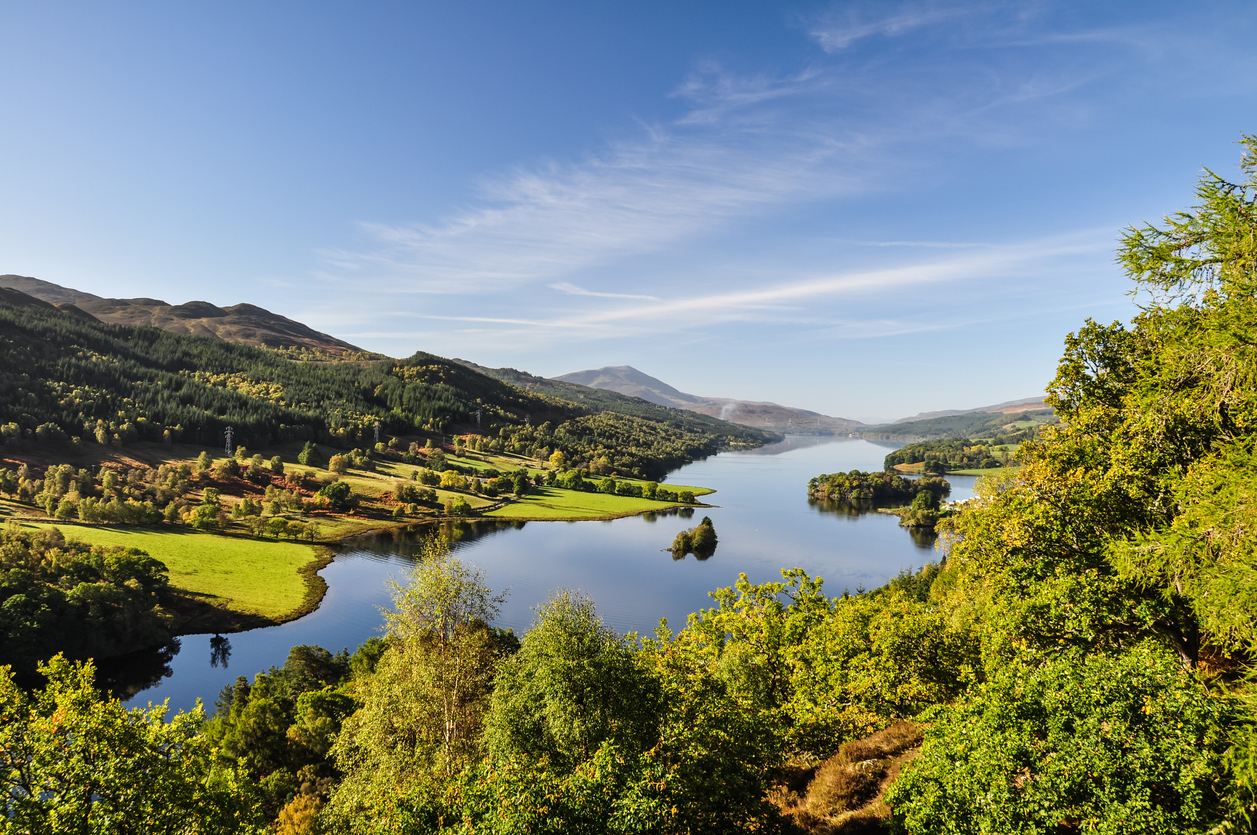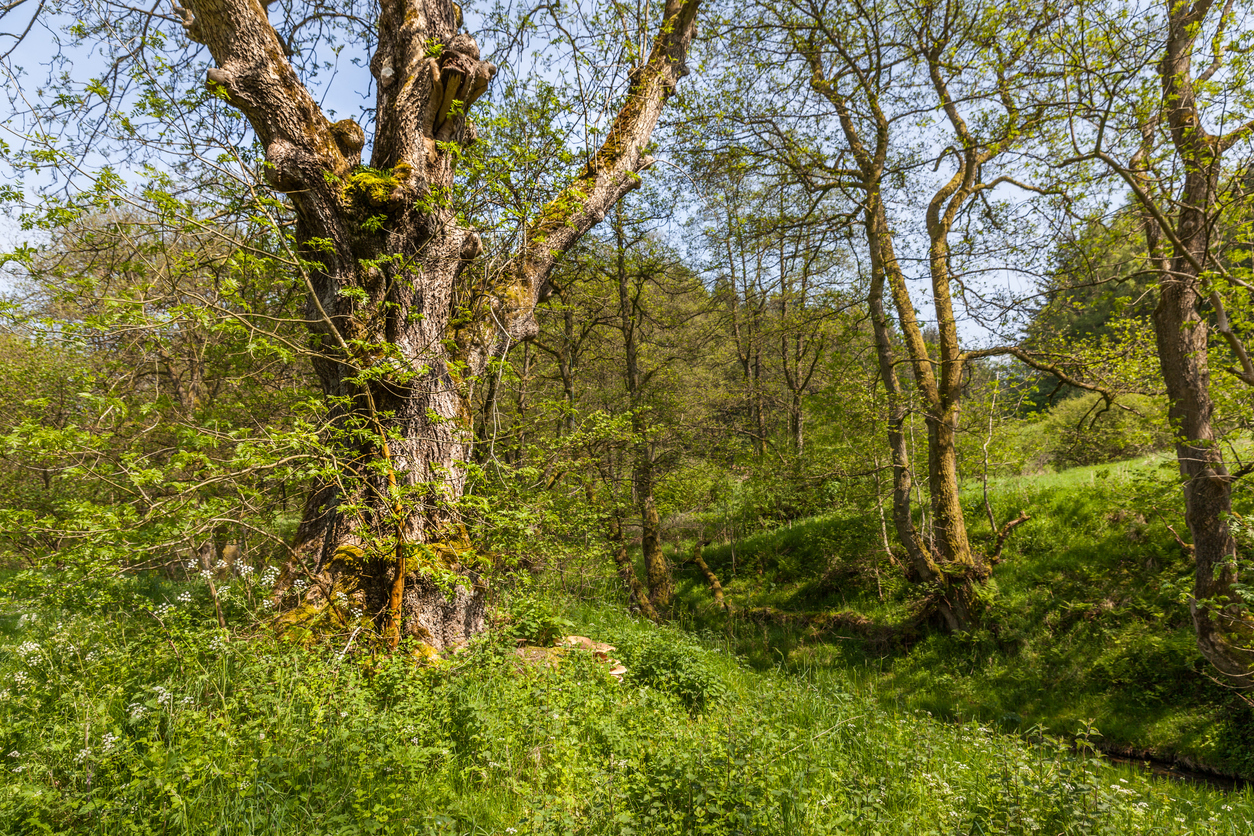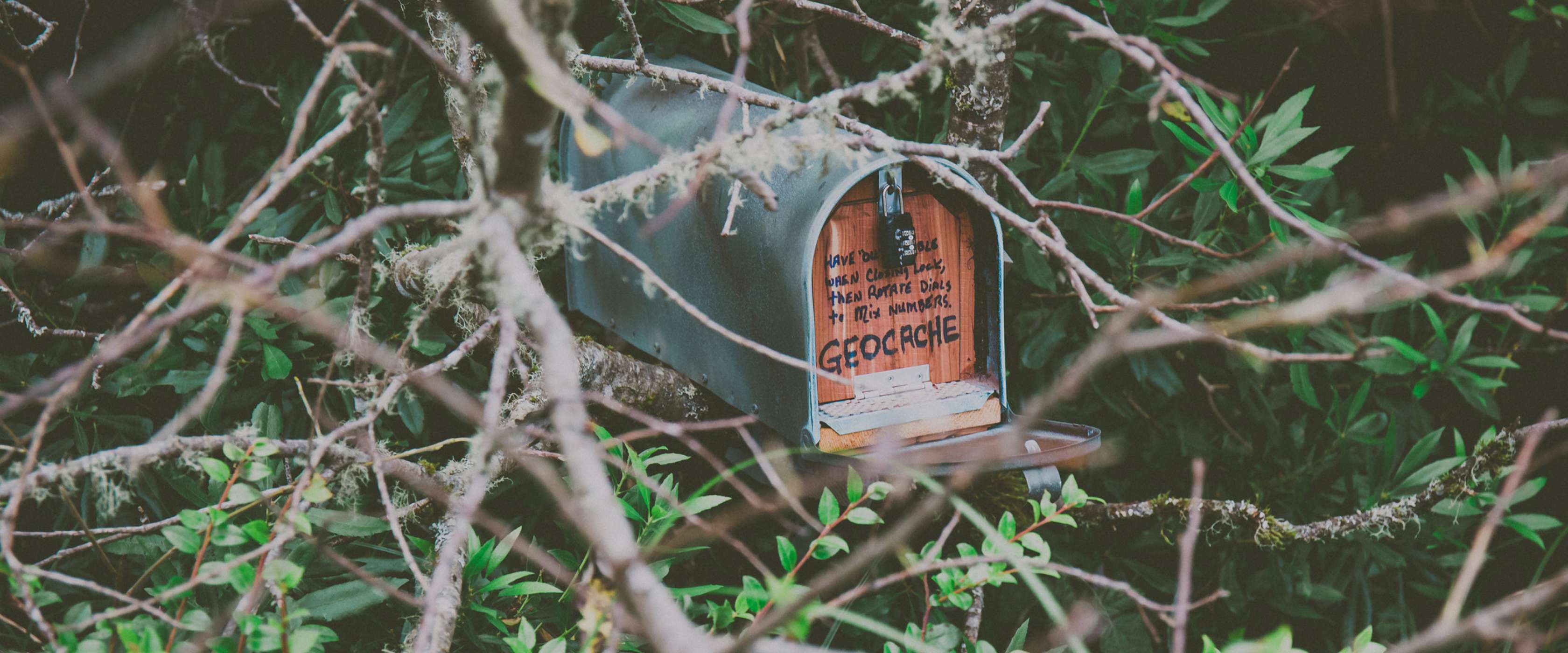Geocaching in the UK is a unique adventure shaped by the country’s diverse landscapes, rich history, and specific local guidelines. If you already know the basics of geocaching, this guide will help you focus on how and where to do it across Britain-highlighting the best locations, practical tips for UK conditions, and the rules you need to follow for a rewarding and responsible geocaching experience.
How to Go Geocaching in the UK
1. Get Set Up with the Right Tools
- Create a free account on Geocaching.com or your preferred platform.
- Download the official Geocaching app to your smartphone, or use a GPS device. The app will show you all nearby caches, their difficulty, and recent activity.
- Pack essentials: Pen (to sign logbooks), weather-appropriate clothing, sturdy footwear, snacks, and a torch if you’ll be out late or in woodlands.
2. Find Caches Near You
- Use the app’s map to search for caches in your area or wherever you’re travelling. Each cache listing includes details about size, difficulty, terrain, and hints.
- Many UK caches are located along popular walking, cycling, and heritage trails, making them easy to incorporate into day trips or holidays.
3. Understand UK-Specific Geocaching Guidelines
- Permission and Placement → In the UK, especially on council or National Trust land, you often need permission to place a cache. Always check local authority or landowner requirements.
- Cache Marking → Mark your cache clearly with your contact details and a note that the contents are harmless. Only include safe items suitable for children.
- Environmental Respect → Never place caches in animal holes, protected habitats (like SSSIs), or areas of archaeological importance. Avoid disturbing wildlife or damaging property.
- Access → Stick to public footpaths; do not use vehicles off-road. Cross fences and walls only at gates or stiles.
- Maintenance → If you hide a cache, you are responsible for its upkeep. Remove it if you can no longer maintain it
4. Join the UK Geocaching Community
- The Geocaching Association of Great Britain (GAGB) is a key resource for advice, events, and guidelines tailored to the UK.
- Attend local geocaching events or “CITO” (Cache In, Trash Out) clean-up days to meet others and help care for the countryside
Best Places to Go Geocaching in the UK
The UK is packed with geocaching hotspots. Here are some of the most popular and scenic areas to explore:
| Location | Highlights | Cache Count/Features |
|---|---|---|
| The New Forest, Hampshire | Ancient woodland, wild ponies, family-friendly trails |
1,300+ in Ashurst, 1,000+ in Brockenhurst |
| Cornwall | Coastal paths, historic villages, South West Coast Path |
350+ near Bude, 600+ along the coast |
| Snowdonia National Park, Wales | Mountain hikes, lakes, challenging and easy caches |
1,500+ on Snowdon, 250+ near Bala93 |
| Beadnell Bay, Northumberland | Sandy beaches, wildlife, coastal walks | 140+ in 10-mile radius |
| Wicken Fen, Cambridgeshire | Family-friendly, nature reserve, easy trails |
Beginner-friendly, GPS hire available9 |
| Clumber Park, Nottinghamshire | Woodlands, lakes, wildlife, picnic spots | 20+ caches |
| Peak District | Rolling hills, scenic walks, historic sites | Multiple caches near Hayfield and Bakewell |
Cathedral Cavern, Little Langdale (Lake District) |
Abandoned slate mine, dramatic scenery | Noted for unique adventure |
| Mount Stewart, Northern Ireland | National Trust gardens, historic estate | 40+ caches |
Practical Tips for Geocaching in the UK
Navigating Public and Private Land
- The UK’s network of public footpaths and rights of way makes most countryside accessible on foot, but always check access rights before venturing off-trail.
- Never trespass on private land without explicit permission, and respect all signage and temporary closures for land management.
Weather and Terrain
- UK weather can be unpredictable. Waterproofs and sturdy boots are recommended year-round, especially in upland areas like the Lake District, Wales, and Scotland.
- Some caches are hidden in challenging spots-be prepared for mud, uneven ground, or slippery rocks (especially on coastal or forest trails)
Urban vs. Rural Caching
- Urban geocaching is popular in UK cities, with caches hidden in parks, near landmarks, and along rivers.
- Rural caches often offer more adventure and scenic rewards but may require longer walks or hikes.
FAQs
Yes, especially on council, National Trust, or private land. Always check local guidelines and get written permission if required.
Most UK geocachers use smartphones with the official app, but GPS devices are more accurate in remote areas and often support Ordnance Survey maps.
Log the problem in the app and, if possible, notify the cache owner. Never move or remove a cache unless instructed.
Yes-avoid Sites of Special Scientific Interest (SSSIs), Scheduled Ancient Monuments, animal habitats, and areas with specific restrictions (e.g., nesting birds).
Related Articles

Let us know you agree to cookies
We use marketing, analytical and functional cookies as well as similar technologies to give you the best experience. Third parties, including social media platforms, often place tracking cookies on our site to show you personalised adverts outside of our website.
We store your cookie preferences for two years and you can edit your preferences via ‘manage cookies’ or through the cookie policy at the bottom of every page. For more information, please see our cookie policy.




